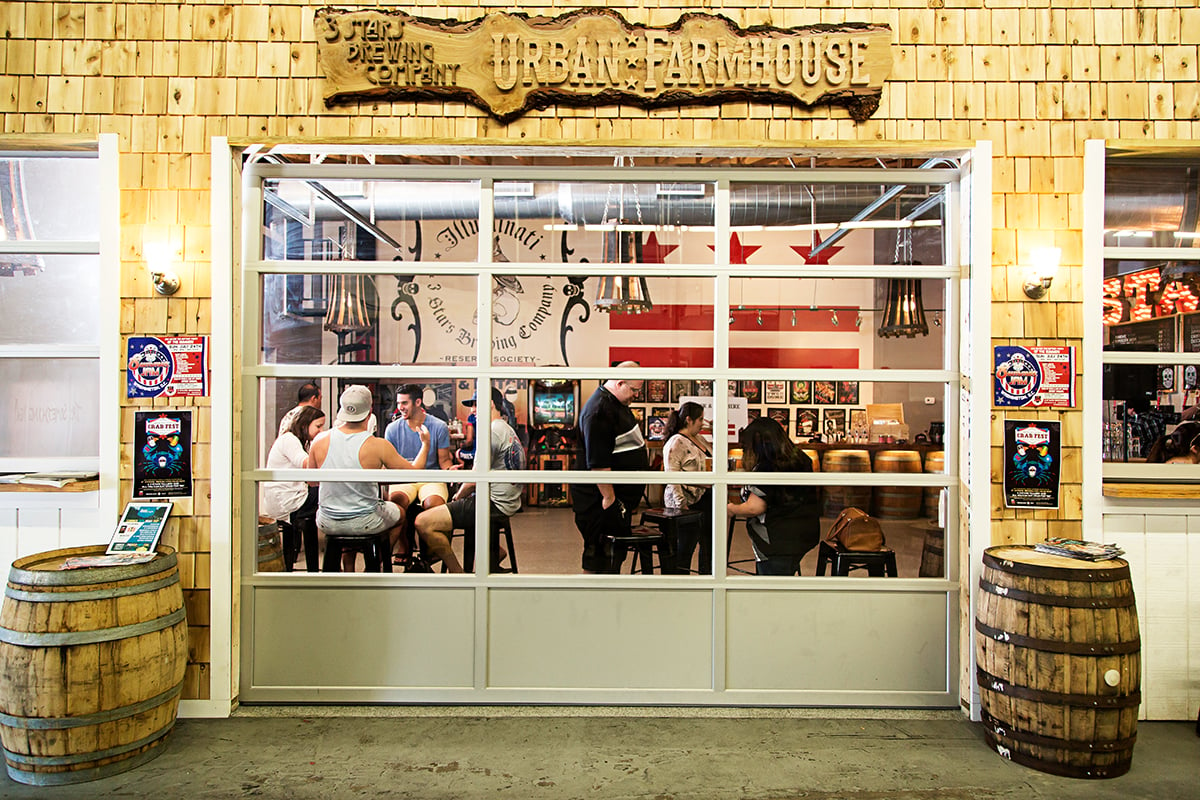Many volunteer positions offer a bonus:the chance to learn something new.
The National Park Service (202-485-5825; volunteer.gov/gov) often has positions that allow you to educate visitors about history, preservation, and conservation. Recent postings include Ford’s Theatre tour guide, Rock Creek Park Horse Center volunteer, “trail partner” at Greenbelt Park, and visitor-center volunteer at Prince William Forest Park.
Over three decades, Habitat for Humanity has built houses for more than a million low-income people. Most volunteers want to help out with construction. No experience is required. Volunteers can learn how to frame, roof, drywall, and landscape. What’s more, you can sign up for just one day. Local chapters include DC (202-882-4600; dchabitat.org) , Northern Virginia (703-521-9890; hfhnv.org) , Montgomery County (301-990-0014 ext. 18; habitat.montgomery.md.us) , and Prince George’s County (301-779-1912; mith.umd.edu/pghabitat) .
The Friends of the National Zoo (202-633-3025; nationalzoo.si.edu/support/volunteer) , or FONZ, offers a variety of opportunities. Alexis Turrentine of Centreville got involved with the behavior-watch program four years ago; she’s now collecting data on a sloth-bear cub.
Former FONZ volunteer Katherine Neill Ridgley is now director of visitor information for the Smithsonian (202-633-1000; si.edu/volunteer) . She oversees one of its largest volunteer programs, Behind-the-Scenes. Working Monday through Friday, volunteers help out in the museums’ archives, conservation labs, and curatorial divisions. With more than 700 projects that may need assistance, you could study the genealogy of a particular textile or work with an anthropologist, sifting through sand in search of a specific type of bones.
Volunteers get a discount at Smithsonian shops, restaurants, food courts, and Associates memberships. They sometimes also have access to special tours and access to pieces not publicy shown.


















